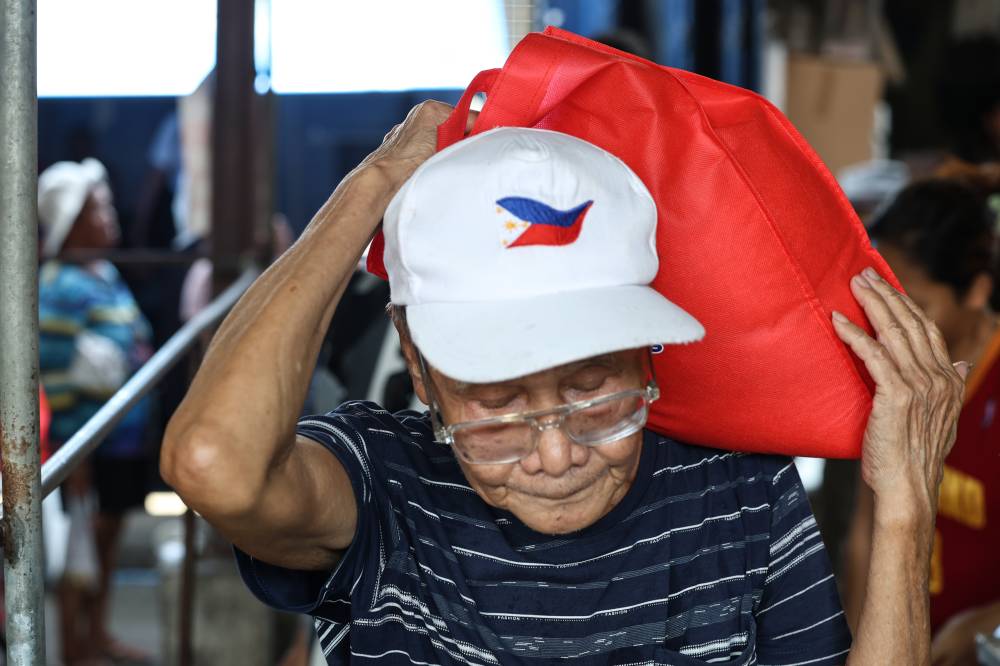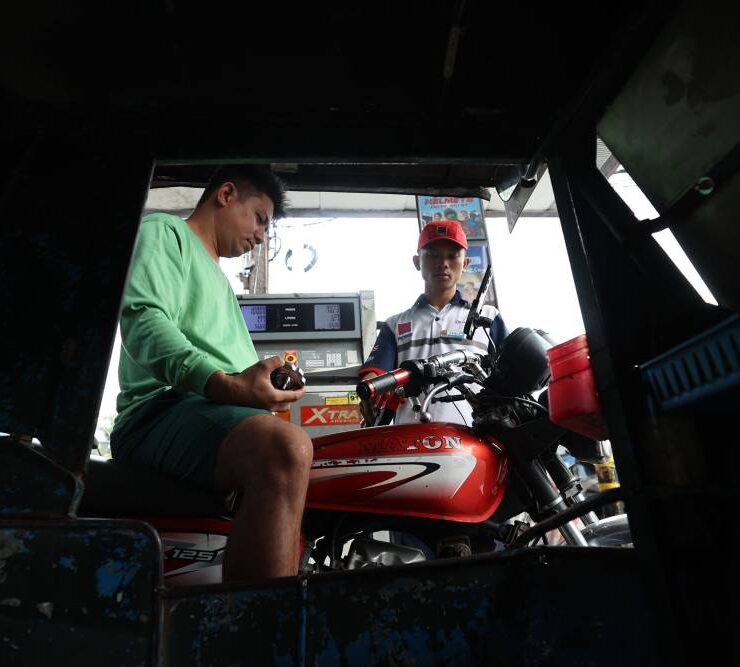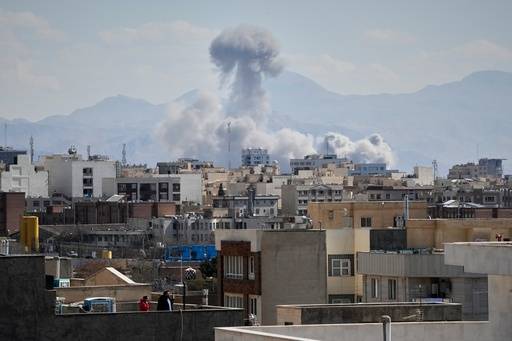Price cap for imported rice lowered to P43

The Department of Agriculture (DA) will finally push through with its plan to further lower the maximum suggested retail price (MSRP) for imported rice per kilogram from the current P45 to P43 starting July 16.
In a statement on Thursday, the DA said it decided to go ahead and reduce the price ceiling for 5-percent broken imported rice after global conditions stabilized following the announcement of a ceasefire between Israel and Iran.
Agriculture Secretary Francisco Tiu Laurel Jr. noted that “global rice prices have since declined, alongside softening oil prices.”
“We are also seeing positive projections for record harvests from key producers like India, Pakistan, and Thailand. These developments could improve global supply and help pull prices further down,” he said.
The DA earlier announced that it was putting off imposing a reduced MSRP for imported rice starting July 1 in light of the Israel-Iran conflict which could affect the sector.
It explained that although crude oil is not directly used to manufacture fertilizer, its byproduct, natural gas, is essential for producing ammonia—a core ingredient in manufacturing nitrogen-based fertilizers.
The DA introduced the “noncoercive measure” on Jan. 20 to ease the upward pressure on retail prices of the food staple.
The price cap for imported rice was initially set at P58 per kg, with the DA introducing gradual reductions until the current MSRP of P45 per kg was reached.
Downward trend
“The implementation of the MSRP earlier this year already contributed to a downward trend in domestic retail rice prices, aligning with efforts to curb food inflation,” the agency said.
As of Wednesday, imported regular milled rice retailed for between P33 and P45 per kg compared with P38 to P48 per kg on Jan. 20, the the day the MSRP was first imposed, according to the DA’s price monitoring.
On the other hand, the price of imported well-milled rice ranged between P38 and P48 per kg, lower than the previous P44 to P50 per kg.
The DA also said it is finalizing plans to set the MSRP for imported pork next month. It added that it is studying whether or not to implement the same intervention on imported chicken by September to prevent a surge in retail prices amid the tight domestic meat supply due to animal disease outbreaks in the country.
Assistant Agriculture Secretary Arnel de Mesa did not disclose whether some players were taking advantage of the situation, saying only that the potential MSRP for imported chicken is “under study.”
De Mesa, also the DA’s spokesperson, said the demand for meat products usually goes up during the so-called “Ber months” or the fourth quarter of every year.




















